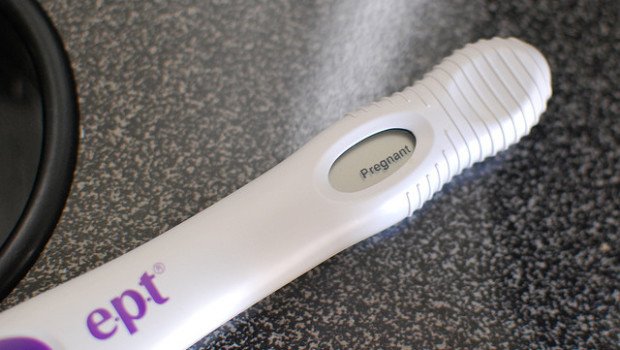Scientists from Oxford University have developed a new revolutionary method for in-vitro fertilization that would double the success rate of the procedure. With the new method, the rate of success for IVF would become 80%.
The news comes as experts have recently discovered that one certain type of DNA in an embryo that is developing is particularly important in determining whether or not a pregnancy will be successful.
The new method of IVF treatment is able to choose the most viable embryos in order to make a successful pregnancy more likely to occur. It has already been tested in New York, where the success rate was around 80%.
Leader of the research team Oxford Professor Dagan Wells says that the new method will be extremely beneficial for mothers who have faced multiple disappointments, as well as large financial expenses, in trying to achieve pregnancy through IVF treatment.
This new technique for IVF focuses on the mitochondrial DNA of an embryo. The mitochondrial DNA has a very important role in ensuring that the embryo develops properly. Embryos with excessive levels of mitochondrial DNA are very unlikely to produce a successful pregnancy. This means that many embryos created during IVF treatments in the past had no chance of developing into a baby.
Professor Wells says that in the past, he used to have to subject patients to up to eight embryo transfers before he would find one that was suitable for pregnancy. The new method of IVF treatment will largely eliminate this major inconvenience, as scientists will be better able to pinpoint viable embryos for pregnancy.
Wells and his team are on a very short list to receive the grand prize from the American Society for Reproductive Medicine this year. The prize will be given out at a conference in Baltimore later this week.
The new IVF technique is expected to be available to patients sometime next year.
Stay Connected